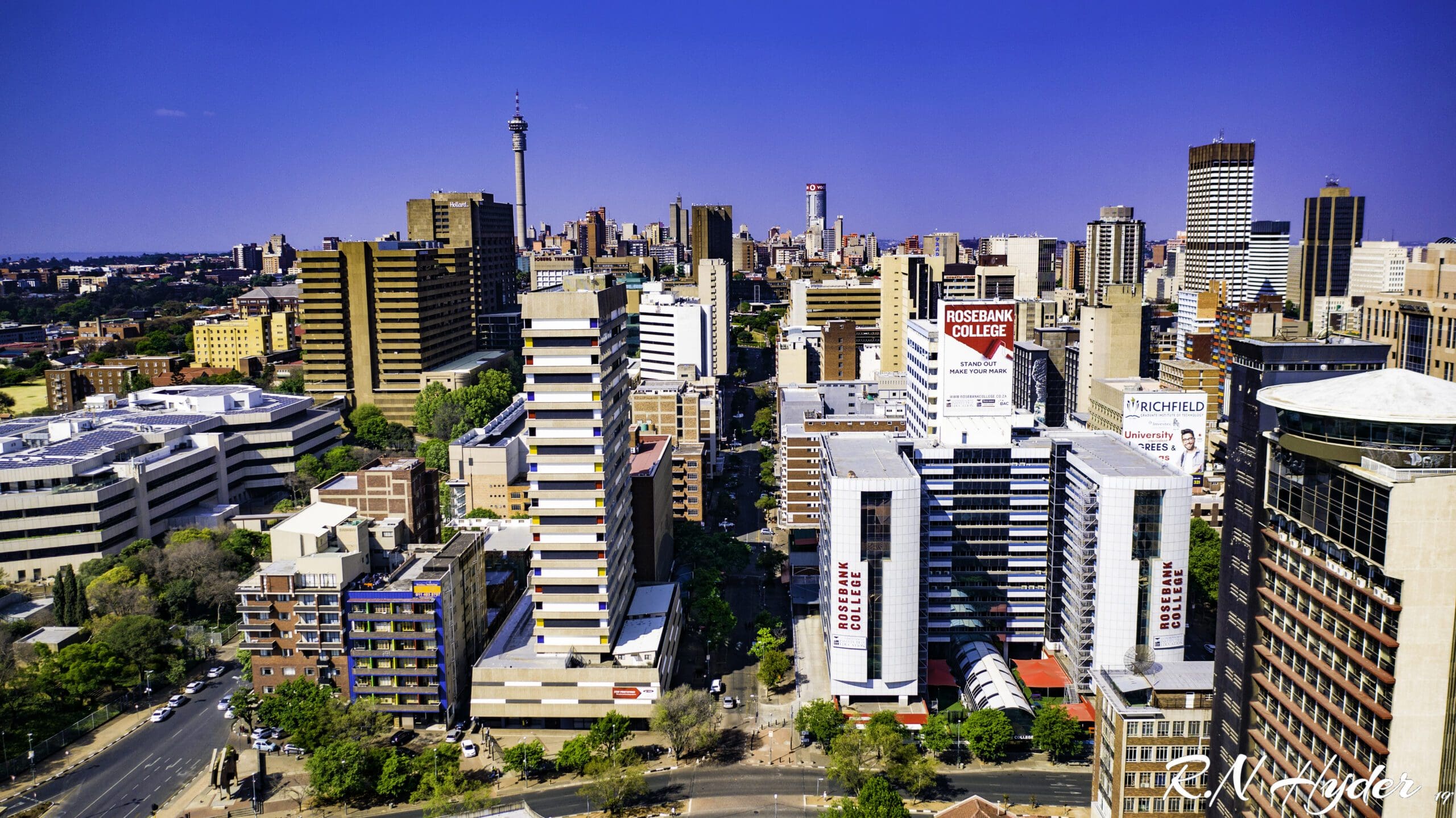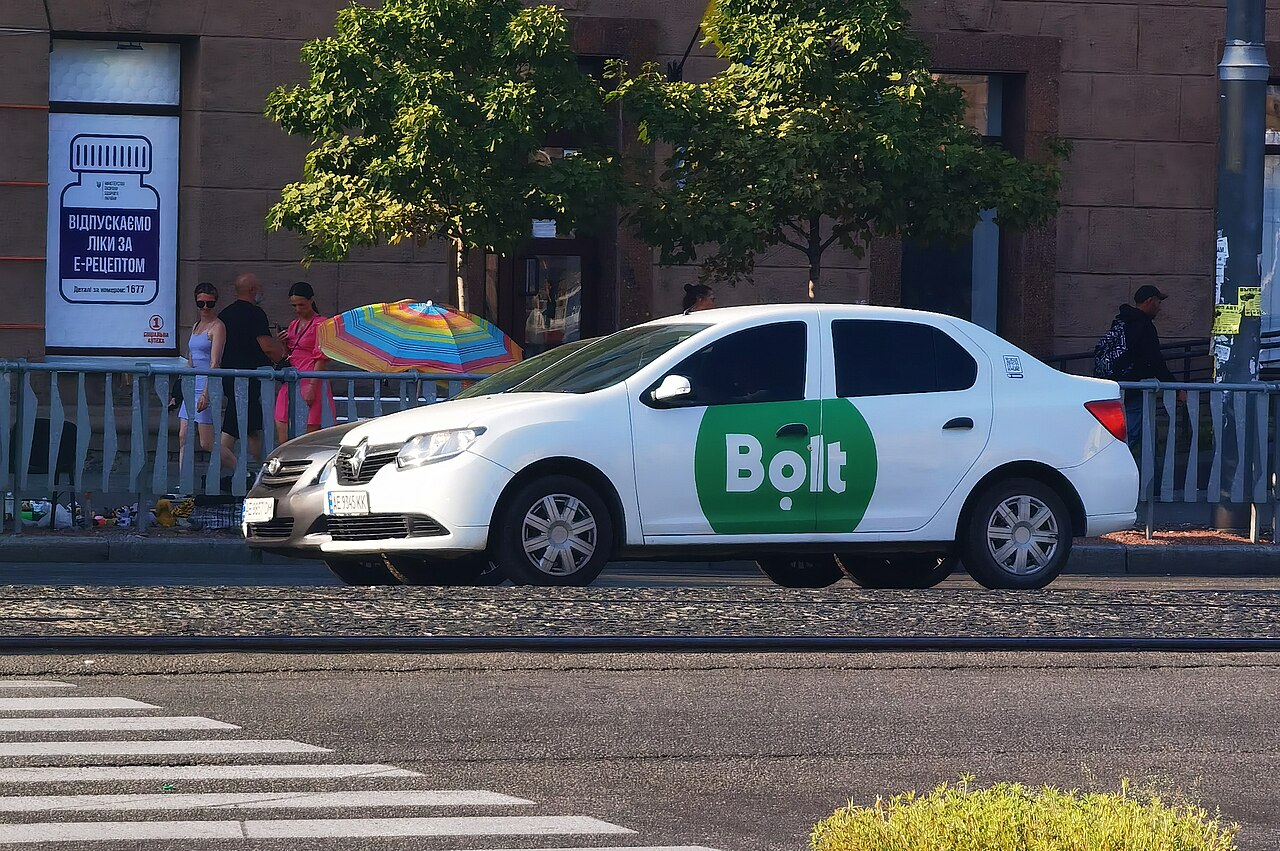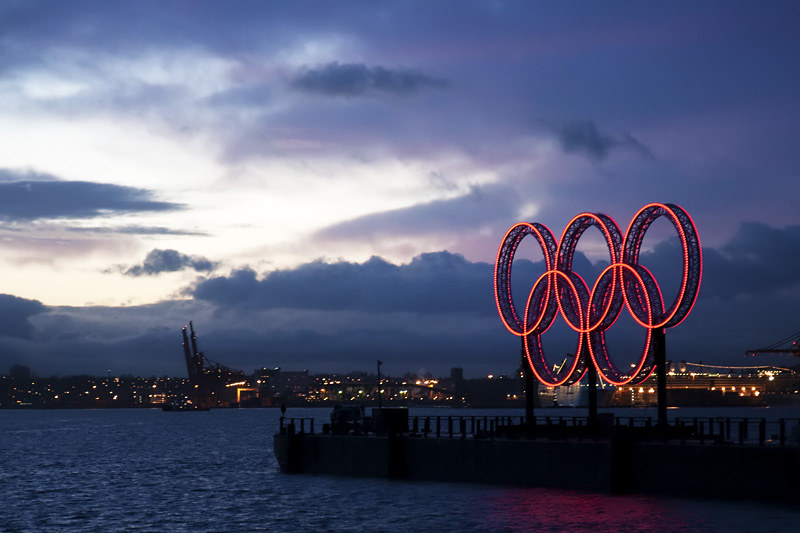The election results have left the country without a majority government for the first time in its democratic rule. So, as South Africa braces for the possibility of a coalition government or a government of national unity, the spotlight turns to how such political structures have fared at the municipal level over the last 30 years.
Coalition governments are hardly a new phenomenon in South Africa’s political landscape,
particularly at the municipal level. While sometimes a necessary political compromise, these coalitions have been a mixed bag in terms of efficacy and service delivery.
In December 2021, the city of Tshwane formed a coalition led by the Democratic Alliance (DA), ActionSA, Freedom Front Plus, African Christian Democratic Party (ACDP), Inkatha Freedom Party (IFP), and Congress of the People (COPE). The municipality where Hammanskraal is located has experienced significant challenges under coalition rule. Financial instability, political infighting, and administrative inefficiency have often hampered the ability to provide basic services. These tensions culminated in the resignation of the city’s Mayor and the collapse of the DA-led coalition.
The water crisis in Hammanskraal is a glaring example of how coalition politics can fail to meet the needs of the populace. It is not a recent development but rather a decade-long saga of neglect and mismanagement. Despite promises from various political leaders and parties, residents still lack access to clean drinking water. The cholera outbreak in 2023, which claimed dozens of lives, underscored the severity of the situation and the dire consequences of political dysfunction.
The coalition government in Johannesburg has likewise been marred by frequent changes in leadership and, hence policy direction, leading to inconsistent service delivery. Residents often feel abandoned, with local governance failing to address their basic needs. Johannesburg’s coalition chaos is an example of where political egos were prioritised over the needs of the people.
Decades after the Freedom Charter was adopted, Johannesburg’s Kliptown community has struggled with inadequate water supply and failing infrastructure. Like Hammanskraal, Kliptown’s woes are exacerbated by political instability and a lack of cohesive governance.
The experiences of Hammanskraal and Kliptown raise critical questions about the viability of coalition governments in South Africa. While these arrangements are sometimes unavoidable, their success heavily depends on the parties involved’ ability to work collaboratively towards common goals.
The Big Debate aims to unpack these complex issues, providing a platform for South African citizens to voice their concerns and suggestions as the country heads into a new era of politics. The panel will feature Mbali Ntuli representing Groundwork Collective, Irvin Jim from NUMSA, Ferrial Adam of WaterCan, and Professor Susan Booysens from MISTRA, offering their insights on these critical issues.
As the nation stands on the brink of potentially embracing coalition governance at a national level, the lessons from municipalities cannot be ignored. Effective governance requires stability, clear communication, and a commitment to service delivery above political manoeuvring.
Watch The Big Debate tonight at 6 pm on SABC3 or live on Youtube.
The Big Debate is a South African current affairs show airing for its 12th season. This town hall debate show has been on air for 15 years, with this season coinciding with the national elections. Explain is thrilled to be partnering with The Big Debate to cover the series as it unpacks these issues.




